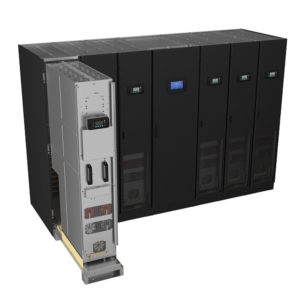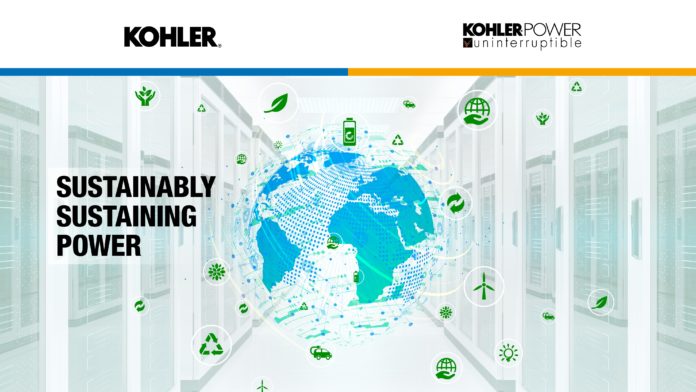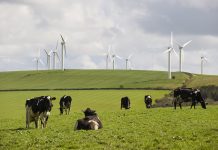Balancing the need for emergency power with the climate emergency
Today, most critical installations’ power protection comes from the proven combination of static UPS (uninterruptible power supply) systems and standby diesel generators. However, environmental concerns are generating a variety of alternative technologies that include more energy efficient UPS, combustion of bio-derived diesel fuels, or hydrogen, and electricity without combustion from hydrogen cells or batteries.
As a forward-looking player in the industry Kohler can offer insights into the various merits of these and how to best balance power protection against reducing environmental impact.
Effective and efficient
 A UPS system’s primary role is conditioning power and protecting sensitive loads from mains disturbances. Consequently, all critical load power passes through them and even small percentage losses are significant (at 1.5MW, +1% efficiency over 10 years represents +£225k electricity). This has driven UPS efficiency levels to now exceed 97% and smart, modular designs that optimise loads across modules to ensure the best efficiency at any specific load.
A UPS system’s primary role is conditioning power and protecting sensitive loads from mains disturbances. Consequently, all critical load power passes through them and even small percentage losses are significant (at 1.5MW, +1% efficiency over 10 years represents +£225k electricity). This has driven UPS efficiency levels to now exceed 97% and smart, modular designs that optimise loads across modules to ensure the best efficiency at any specific load.
Similarly, whilst Li-ion batteries offer space and weight savings, minimal recycling infrastructure plus high costs and production footprints mean instead lead-acid VRLA batteries remain a greener choice for standby applications. To reduce size and thus impact without compromising protection, these should be properly integrated with generator systems.
Diesel developments
Noxious emissions from diesel combustion are regulated against and in a generator context can be minimised through advanced combustion control and exhaust scrubbing, whilst carbon dioxide (CO2) emissions reduce with more efficient fuel consumption. However, users now seek greater improvements.
Natural gas burns more cleanly than diesel, but remains fossil fuel based. Therefore, in transport, fatty acid methyl-ester (FAME) biodiesel made from crops or vegetable oils is a growing solution. In standby applications though the short, 6-month, shelf life is a particular issue. Next-generation, hydro-treated vegetable oil (HVO) “renewable diesel” overcomes this, with 10-year shelf life and drop-in compatibility with many generators, including Kohler’s.
Hydrogen promise
Burning hydrogen is very clean, though with an efficiency of only 25% when generating electricity looks poor use of an expensive resource compared to the 60% efficiency of hydrogen-fed proton exchange membrane (PEM) fuel-cells.
The underlying issue though is production of the hydrogen – today 95% is made from natural gas, so its carbon footprint is close to that of traditional diesel. Add in storage and supply issues and whilst promising, most users see it as a fuel for the future.
Conclusion
If looking to balance the requirement for reliable emergency power with the climate emergency today, a pragmatic solution would begin with a smart, high-efficiency static UPS system and appropriately-sized VRLA battery bank. This would be fully integrated with an optimally-sized, modern HVO-fuelled generator system.
If you would like to learn more please contact Kohler Uninterruptible Power.





Burning any fuel in air, including green hydrogen, produces harmful NOx so all electric power storage should avoid burning the fuel in air and either store the electricity in a battery, as green hydrogen, or a mechanical storage such as pumped hydro or heavy flywheels.